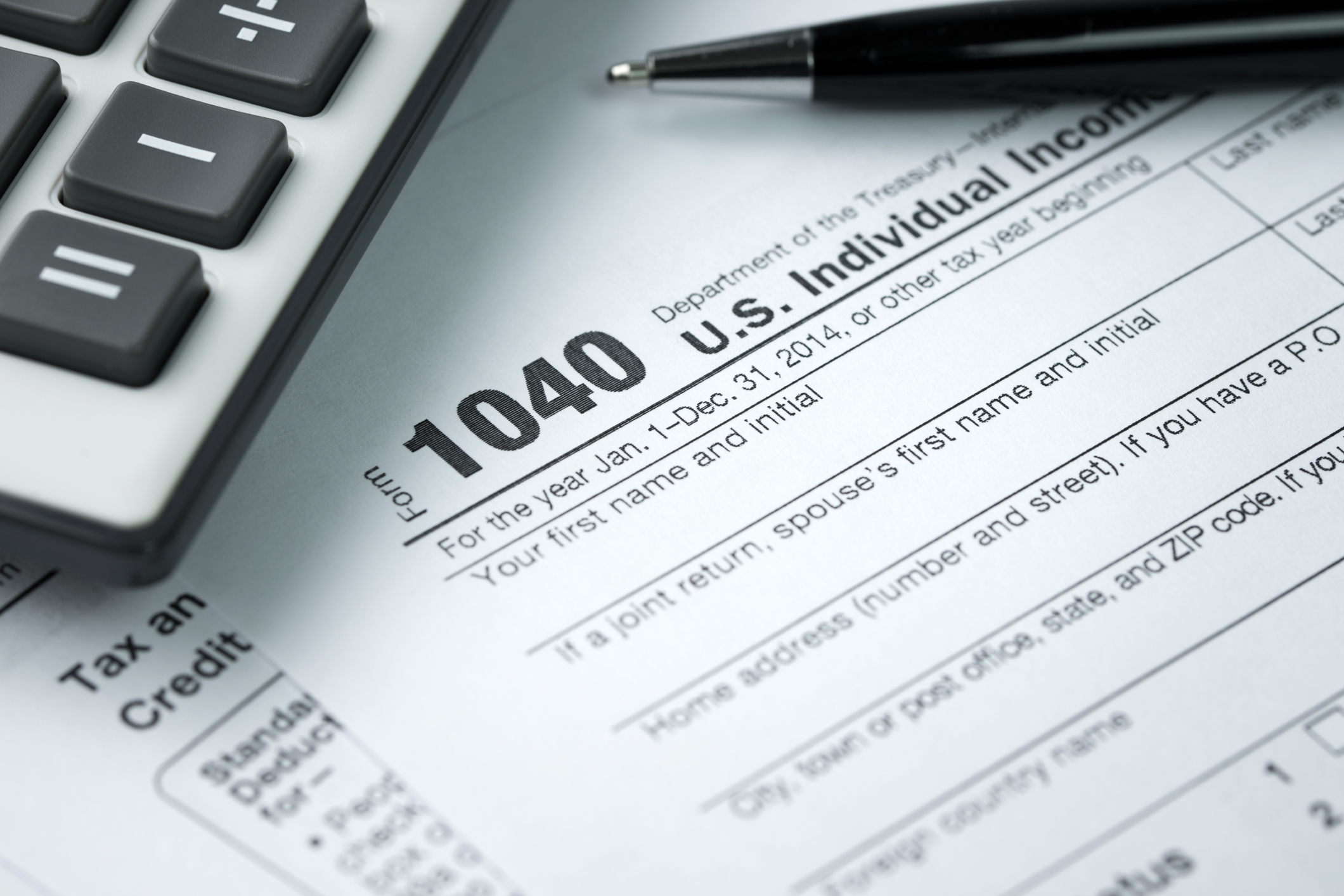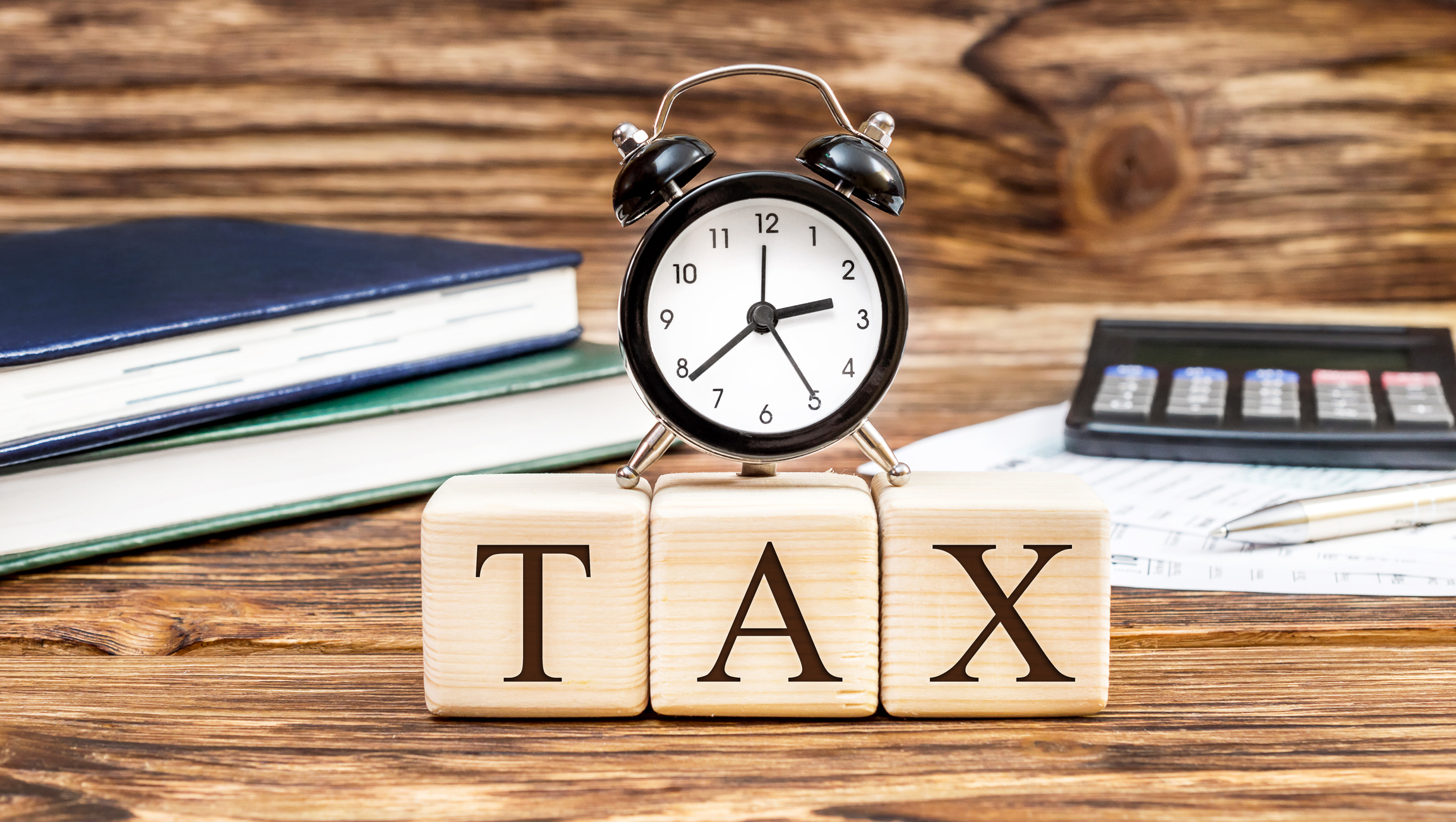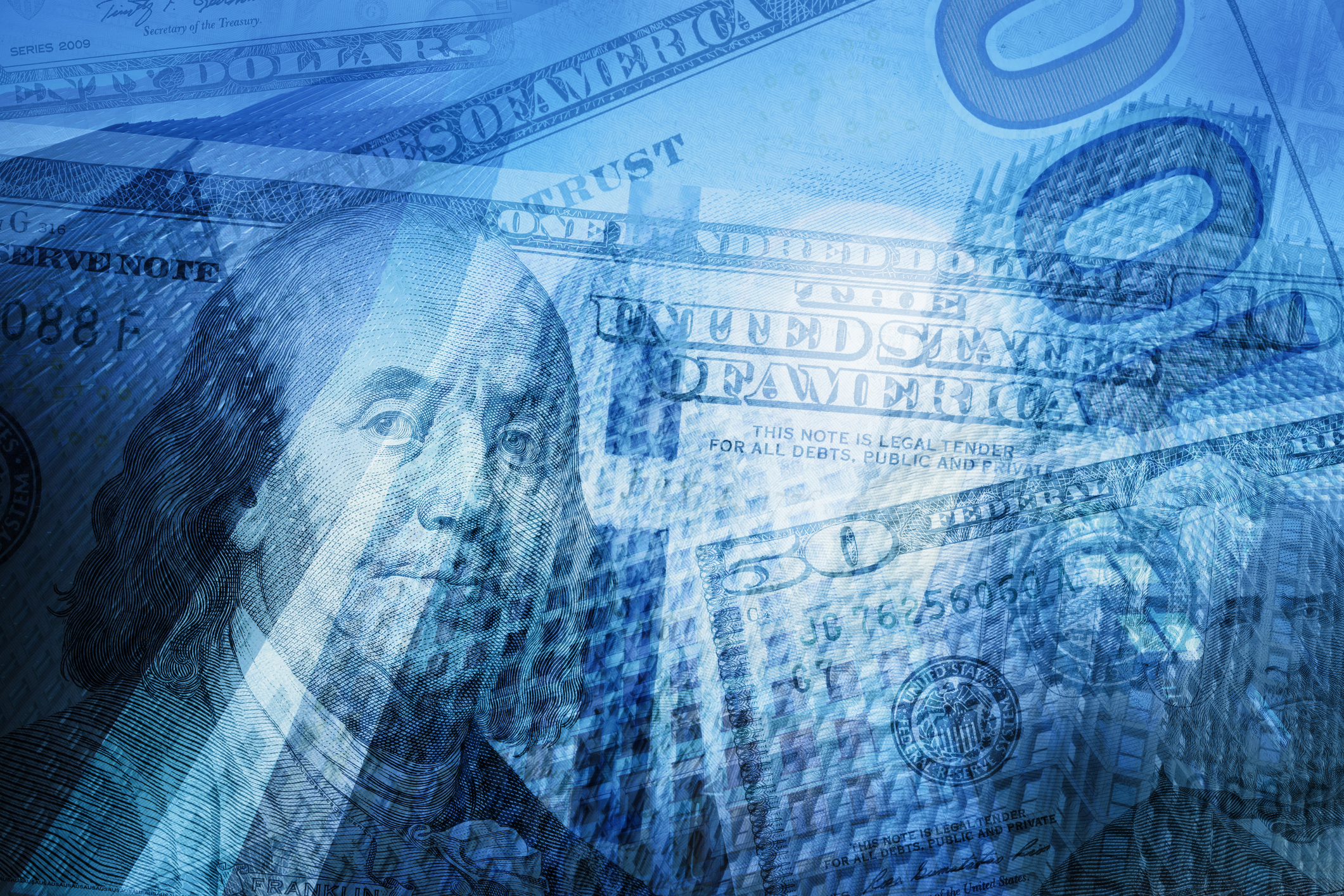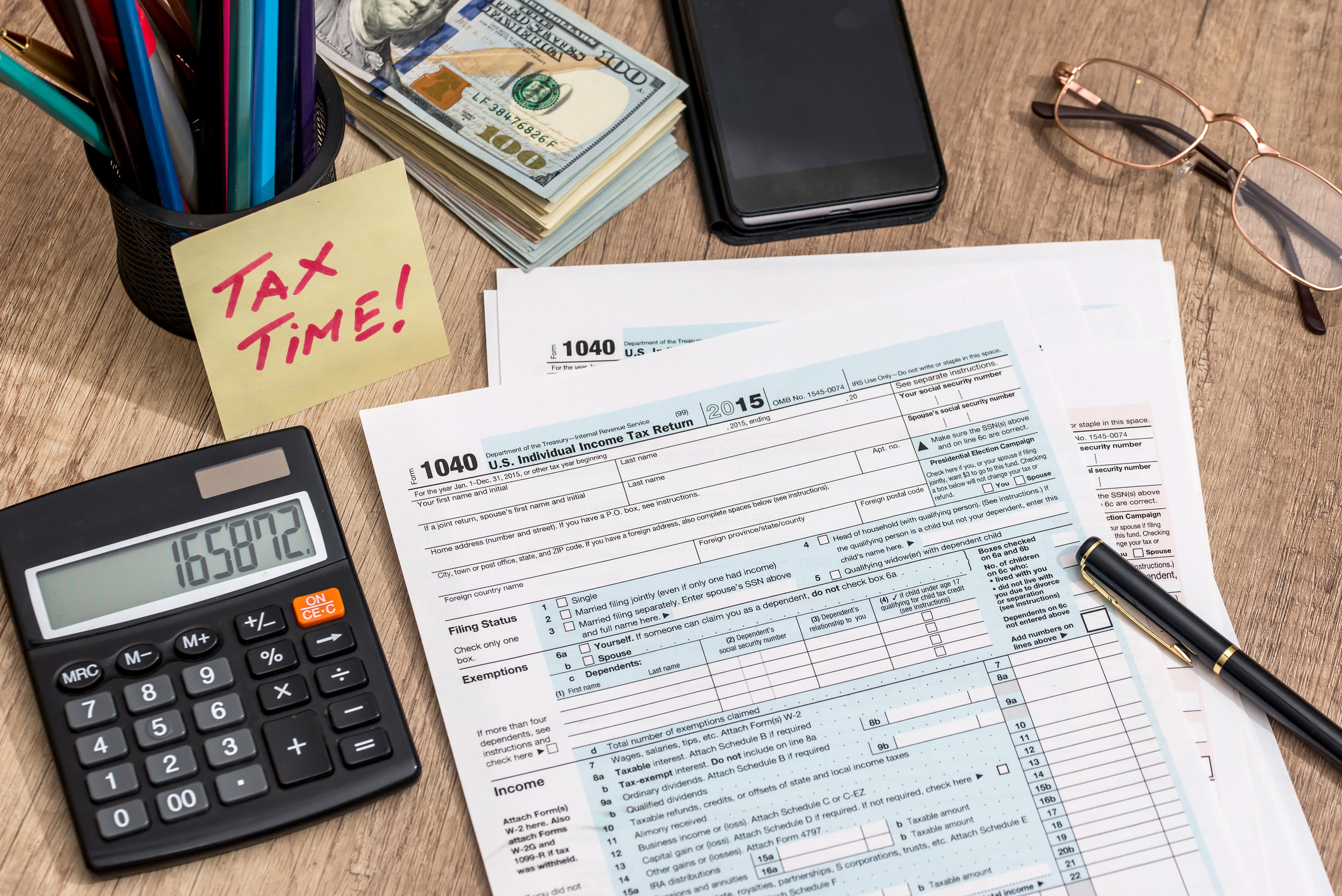Government bodies can use tariffs to bolster domestic industries and achieve foreign trade and policy objectives. Read on to learn more about tariffs, the different ways these taxes can be applied, and the roles they can play in international economics and diplomatic relations.
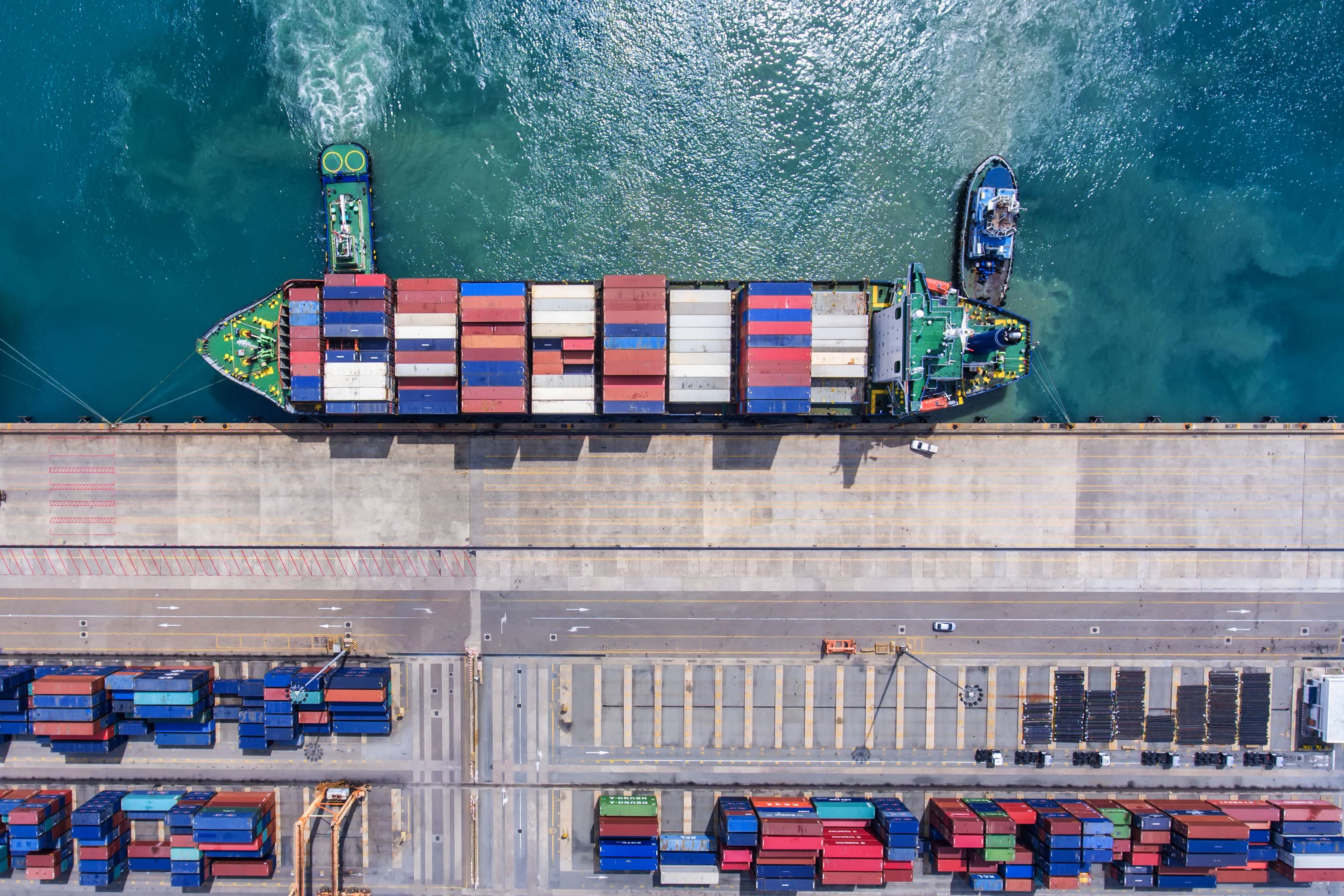
What are tariffs?
Tariffs are a form of tax imposed by national or supranational government bodies on the import or export of goods. Tariffs are also sometimes referred to as duties.
Why are tariffs important?
Beyond just being a source of tax revenue, tariffs are a way that governments can modify trade incentives. In particular, tariffs can be important in protecting domestic industries and economic interests.
Tariffs can be a form of economic protectionism, but the costs typically wind up being passed on to domestic shoppers through price hikes on consumer goods. Higher prices on imported goods may give domestically produced goods a competitive advantage, but governments try to strike a balanced approach to tariff policy that works for the good of the broader economy.
How do tariffs work?
Tariffs are collected when goods exit the domestic area and cross into foreign borders. Import tariffs are far more common than export tariffs. When pursuing growth opportunities in international markets, businesses must be mindful of how tariffs could affect the market for their products and their pricing strategies.
Different categories of products typically have different levels of tariffs applied. For example, vegetables, auto parts, and dairy products have relatively high import tariffs in the U.S., and tariffs on sneakers and tobacco are even higher. On the other hand, not all goods are subject to import duties.
Governments will also set tariff levels on a country-by-country basis. In general, countries with less-developed economies tend to have higher tariffs.
Academic views on tariffs
Academic views on tariffs
Related investing topics
An example of tariffs in action
Depending on their scope and application, tariffs can be a source of tension between governments. If one country implements or raises tariffs on another country's goods, there's a risk that the second country will respond in kind.
In recent years, the U.S. and China have increased tariffs imposed on each other's products. The U.S. began raising tariffs in 2018 under President Donald Trump, notably implementing a 25% tariff on steel imported from China and raising duties on other materials and products. In turn, China implemented its own tariff hikes on a wide range of goods. The trade squabble between the two countries escalated quickly.
Although a subsequent trade deal helped reduce tensions to an extent, many of the tariffs implemented at the beginning of the trade dispute remain in place. Despite increasingly adversarial relations, trade between the U.S. and China has continued to reach new highs.

